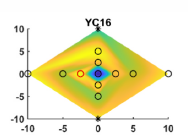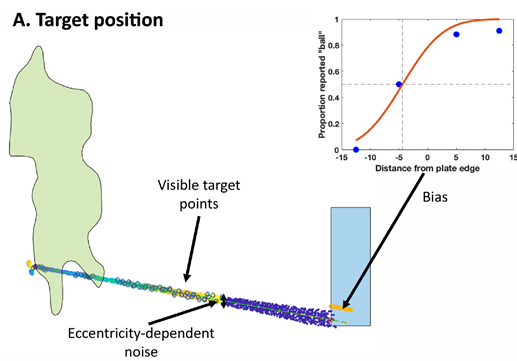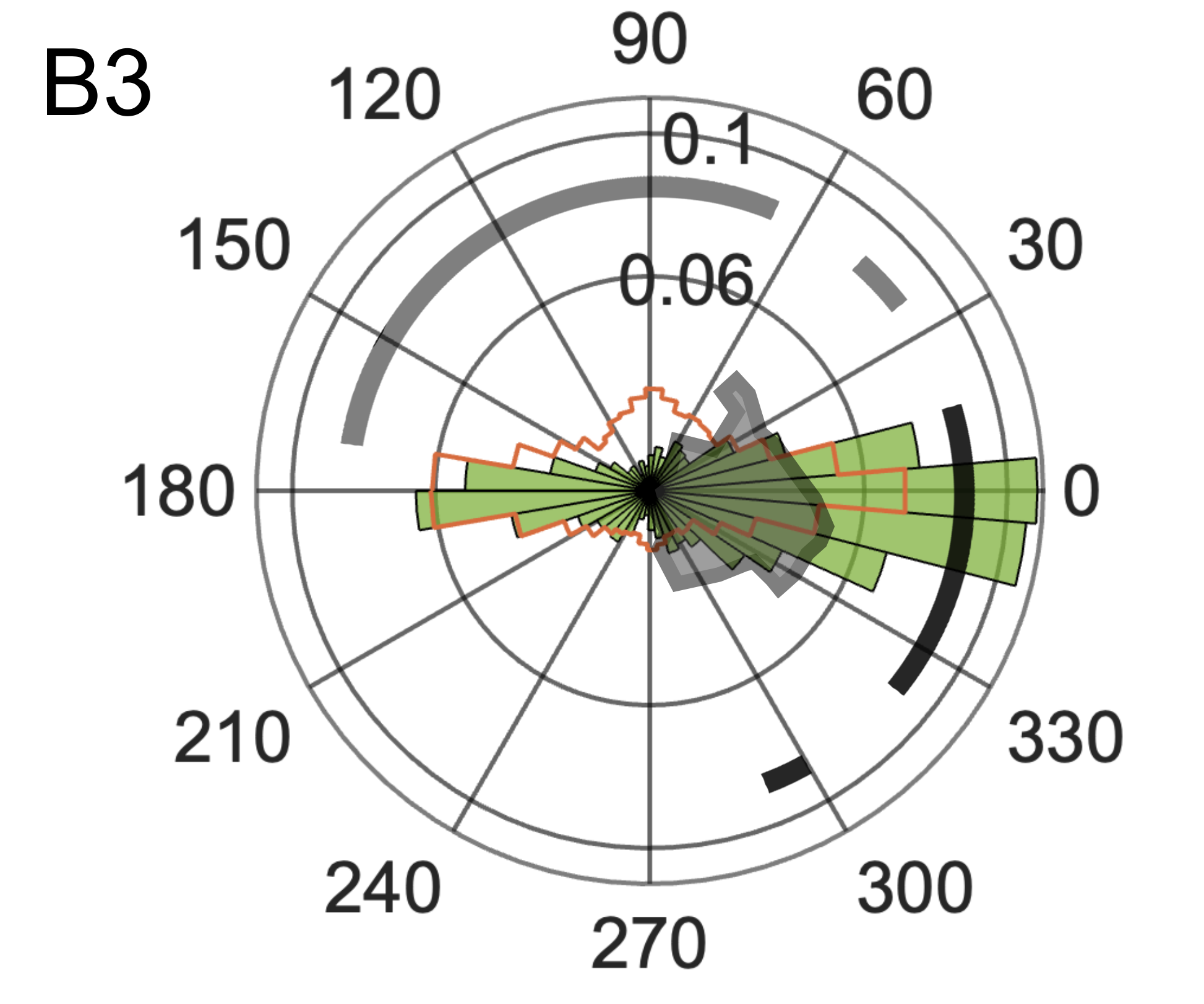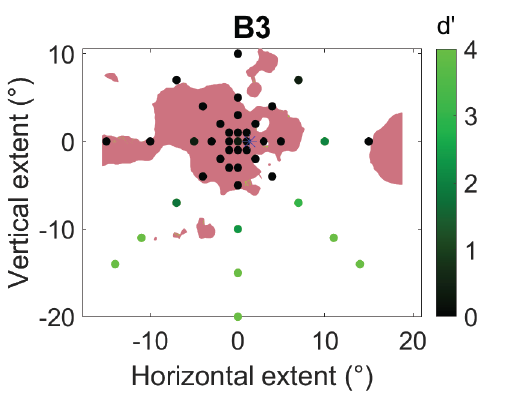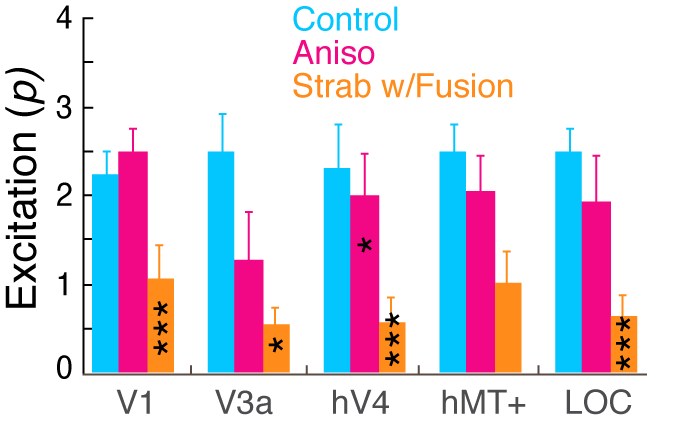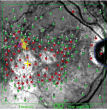
Senior Scientist
Chief Scientific Officer
Ph.D.
The research in my lab examines the neural processes, strategies and adaptations that humans use to interact with objects in the real world. We investigate these questions using psychophysics, eye movements, computational modeling and neuroimaging. Our goal is to understand the mechanisms of normal vision and action, as well as the basis of attention and visual adaptation in clinical populations. This work includes attention deficits in amblyopia, and the potential for binocular vision in individuals with age-related macular degeneration.
Contact Information:
Email: preeti@ski.org
Office Phone: (415) 345-2072
2318 Fillmore Street
San Francisco, CA 94115
Publications
Projects
- ActiveVergence and Stereopsis in Amblyopia & StrabismusVergence to disparity targets in the central visual field is impaired in individuals with amblyopia and strabismus.
- Modeling Smooth Pursuit Eye-Movement Deficits in Macular DegenerationThe project investigates the deficits in smooth pursuit in individuals with age-related macular degeneration within the framework of a Bayesian model.
- Stereopsis in Macular DegenerationMacular degeneration affects the central retina, often causing asymmetrical damage to the two eyes. How does this asymmetrical loss affect stereopsis — the percept of depth generated by the small...
- Tracking a target in depth with central field lossBilateral field loss due to maculopathy creates a scotoma that extends in depth — a volume scotoma. Morevoer the size of the scotoma depends on whether observers turn their eyes...
- Upper Depth Limit Across Visual FieldStereopsis is important for tasks of daily living such as eye-hand coordination. It is best in central vision but is also mediated by the periphery. Previously we have shown that...
- Postdoctoral Training in Vision ResearchThe Smith-Kettlewell Eye Research Institute (SKERI) is an NEI Institutional Training Grant Awardee. The grant was awarded to provide postdoctoral training in basic and clinical science relevant to translational vision...
- Blindness and Low Vision Support GroupJoin Dr. Don Fletcher, one of the world’s leading authorities on Low Vision Rehabilitation, to share experiences and learn about the things that help you maintain a full and happy...
- Motion Perception in Central Field LossThe project investigates motion perception in individuals with vision loss due to central retinal lesion, but who retain healthy peripheral retina. Healthy peripheral retina is exquisitely sensitive to fast speeds,...
- Adaptive Visual Strategies for Individuals with Macular DegenerationIn this project we try to gain a better understanding of what visual strategies people use to gather information in the world.
Labs
- Verghese LabPrincipal Investigator:Our laboratory studies the mechanisms of healthy vision and action, as well as the basis of attention and visual adaptation in clinical populations.
Centers
- Rehabilitation Engineering Research CenterThe Center's research goal is to develop and apply new scientific knowledge and practical, cost-effective devices to better understand and address the real-world problems of blind, visually impaired, and deaf-blind...

